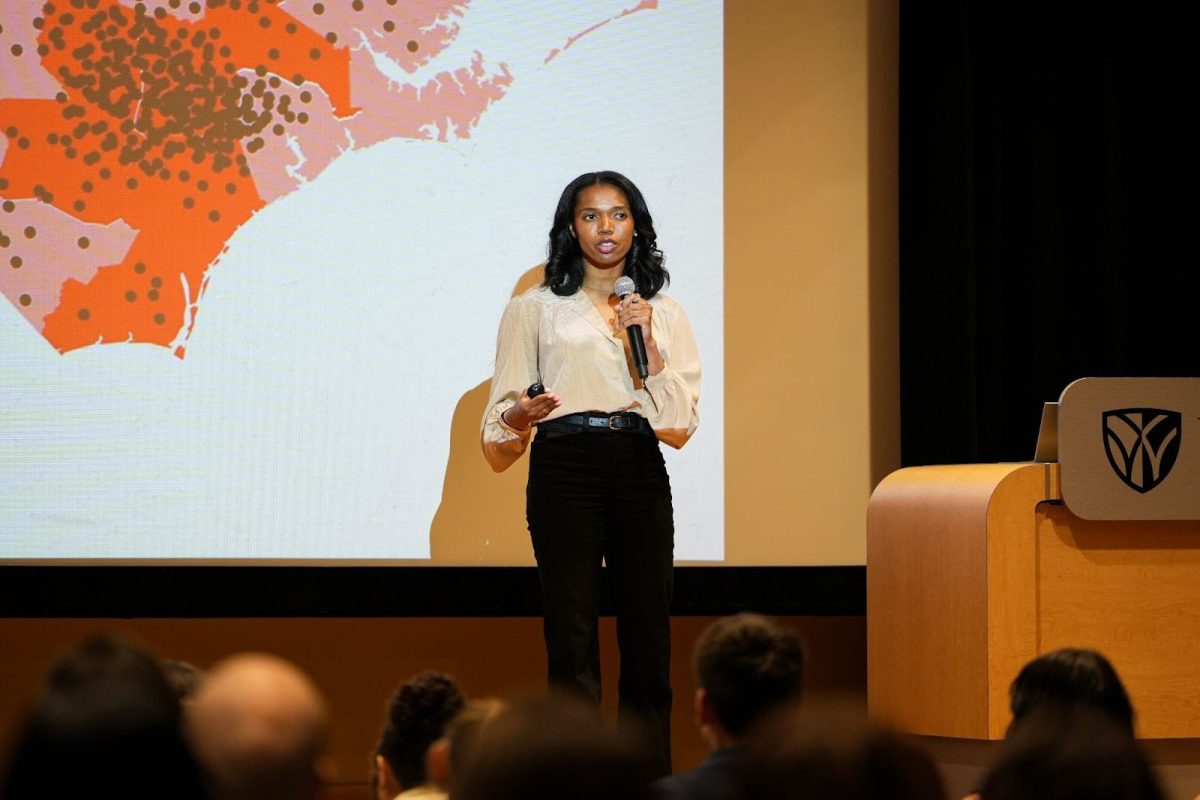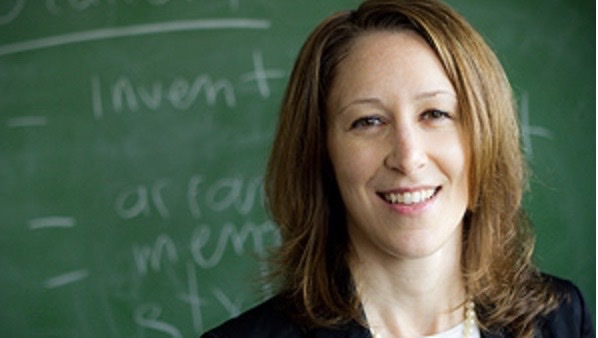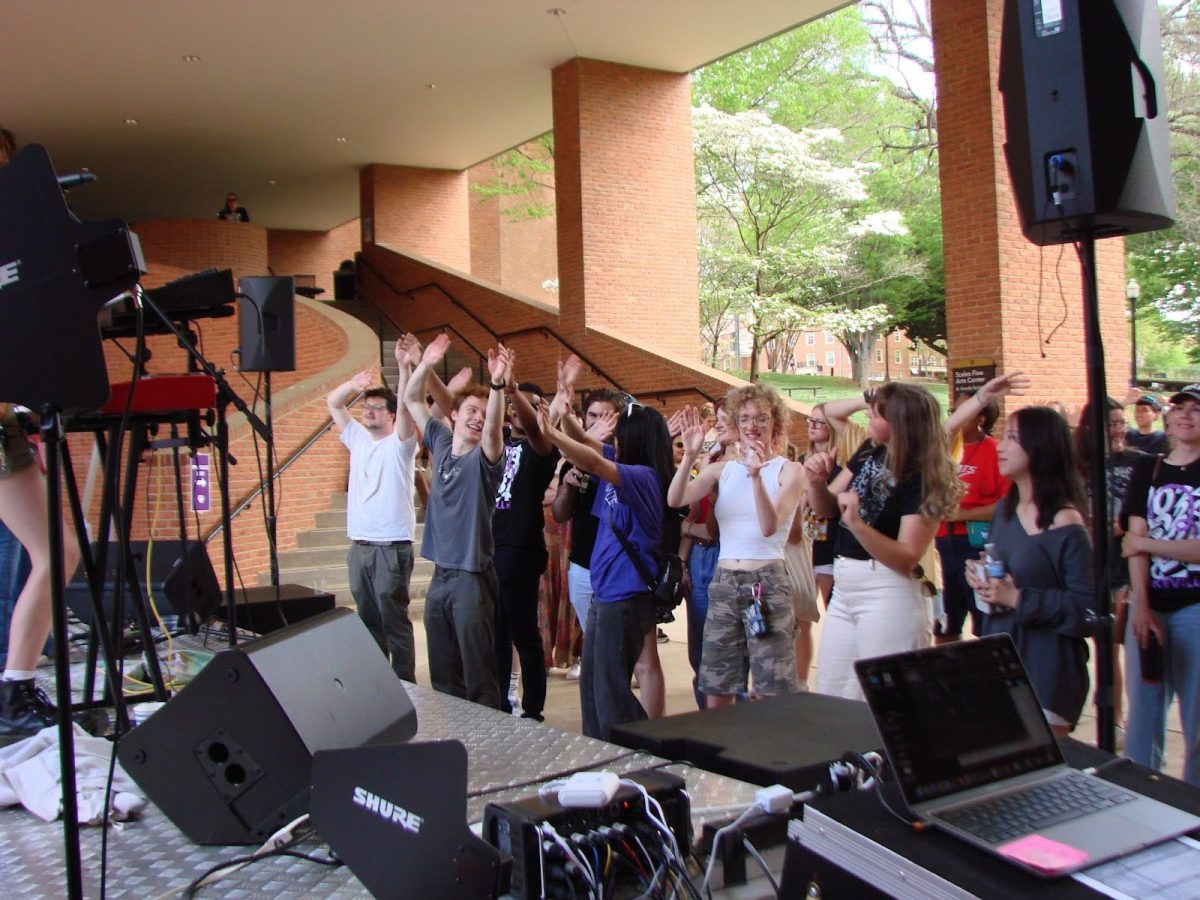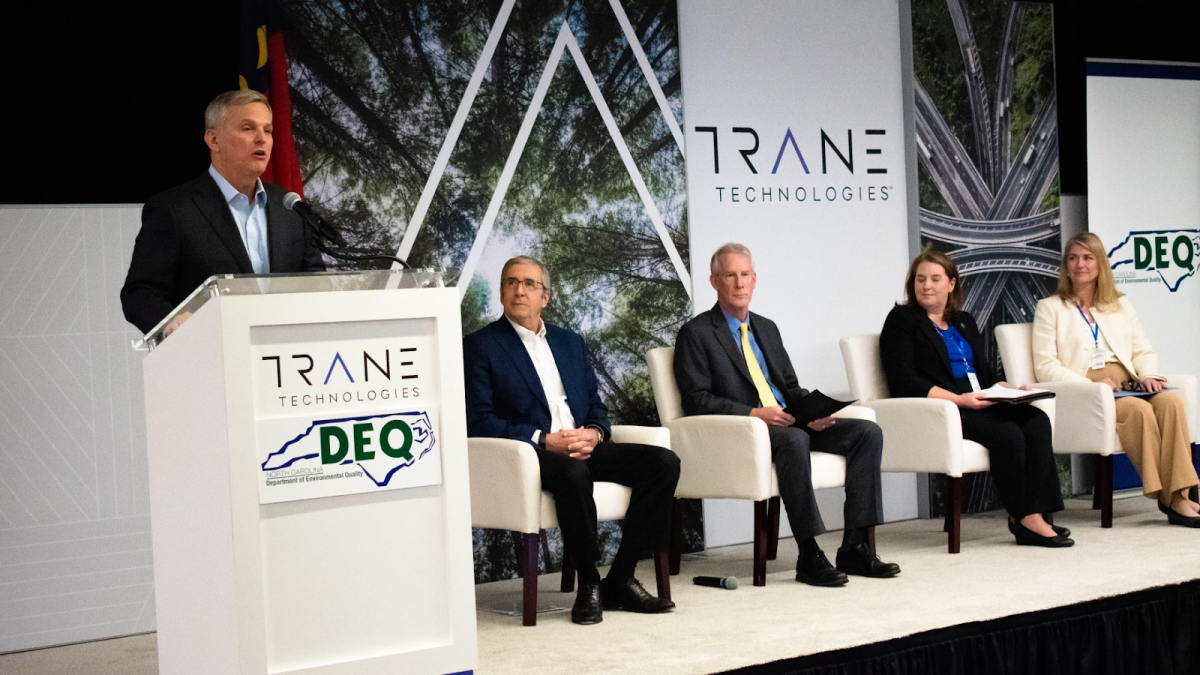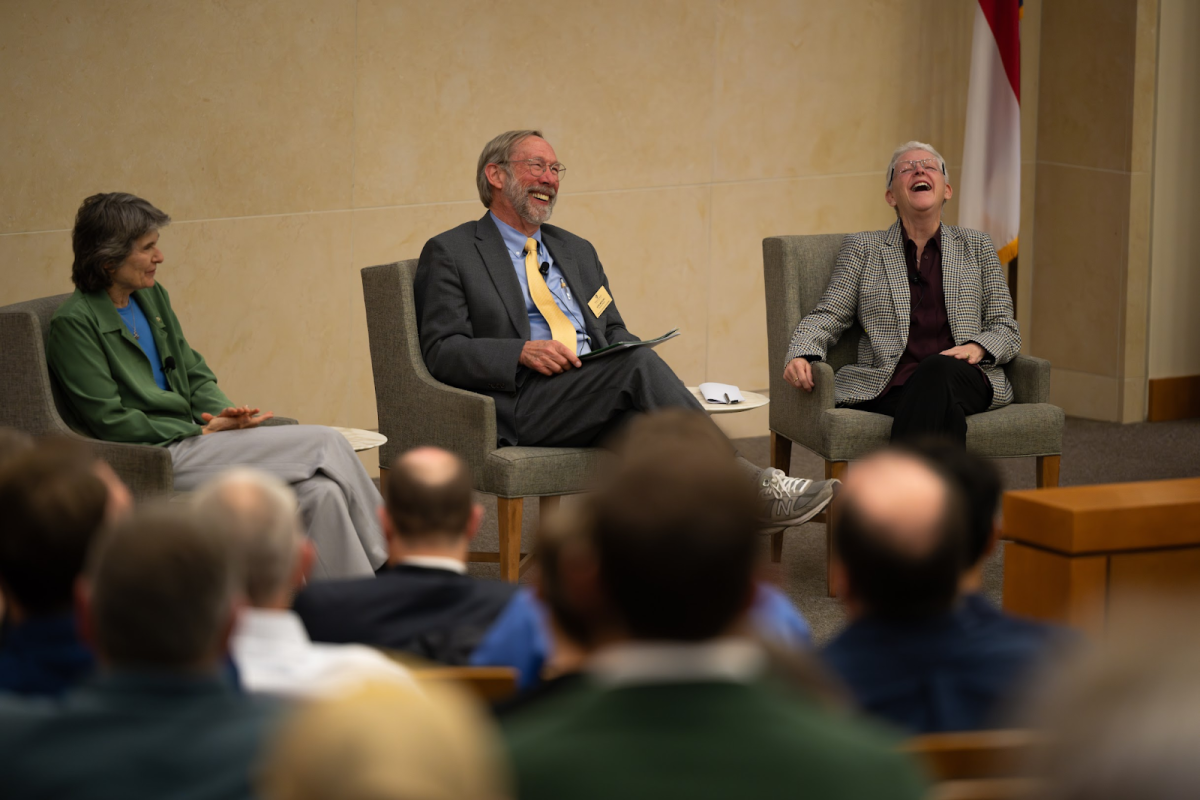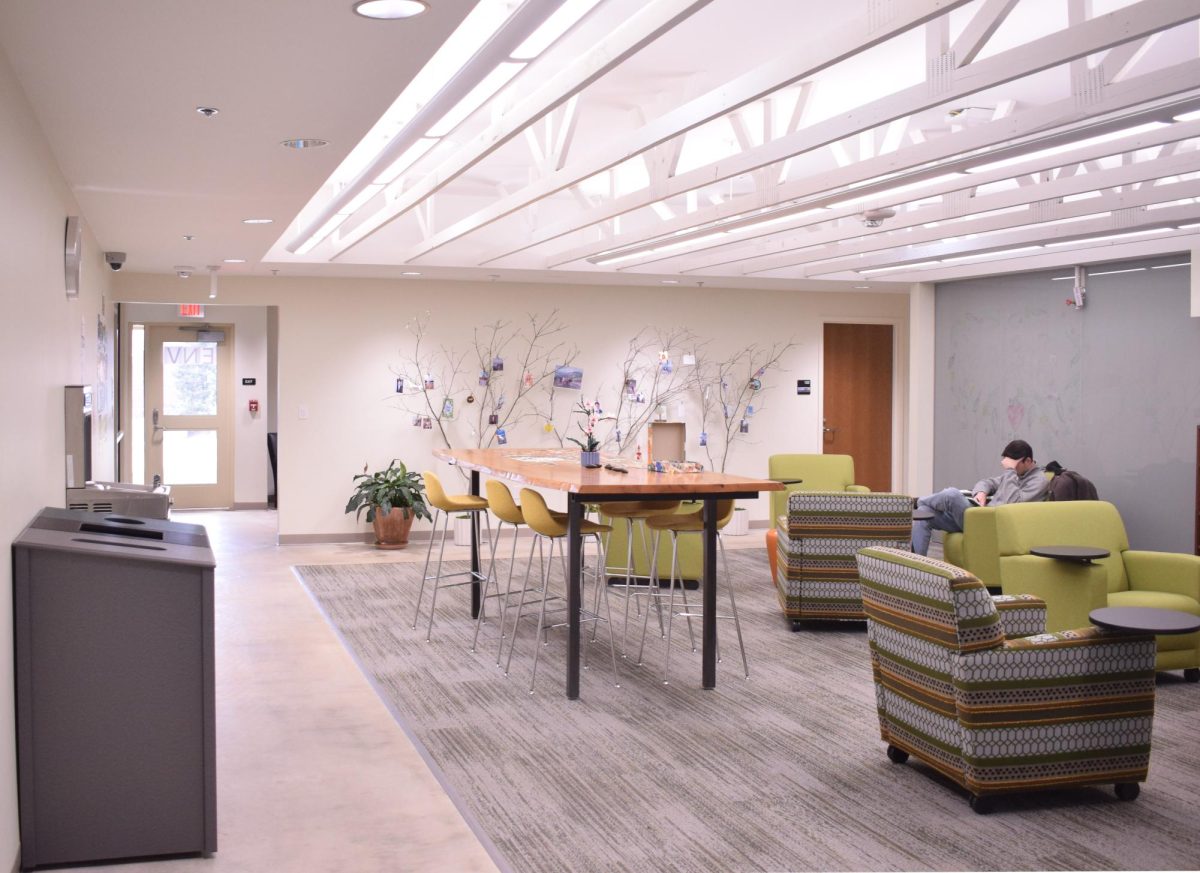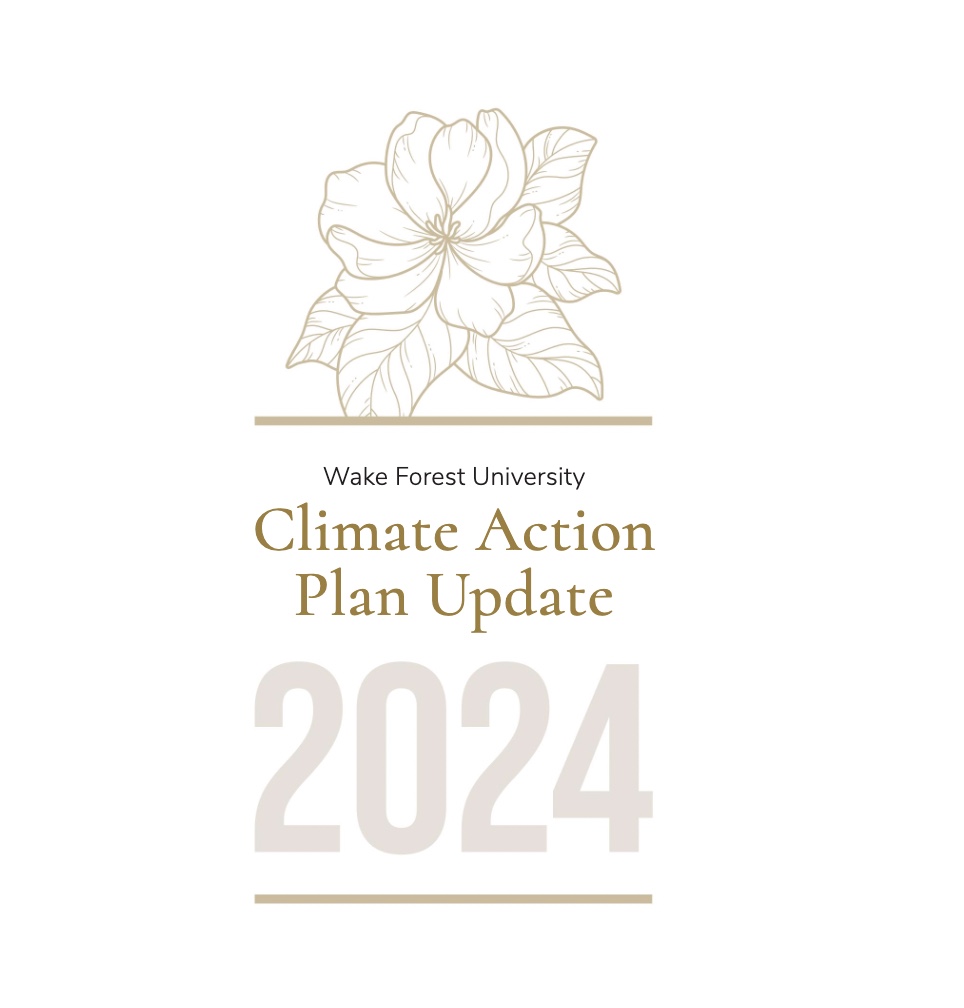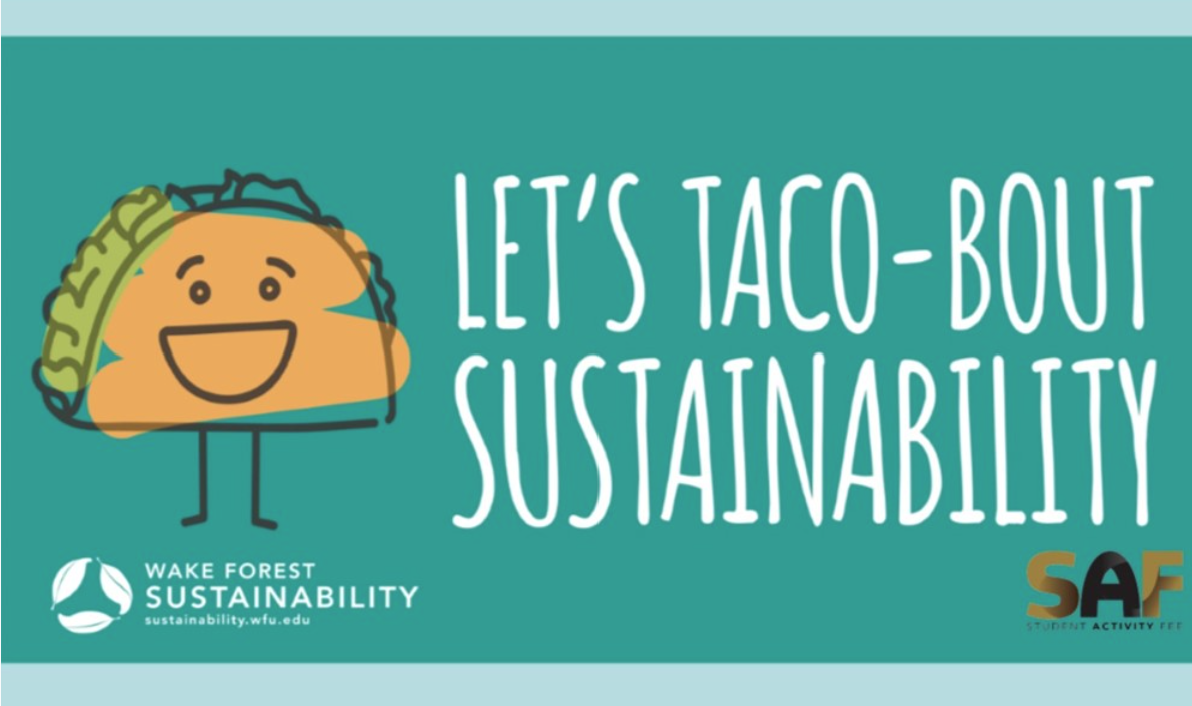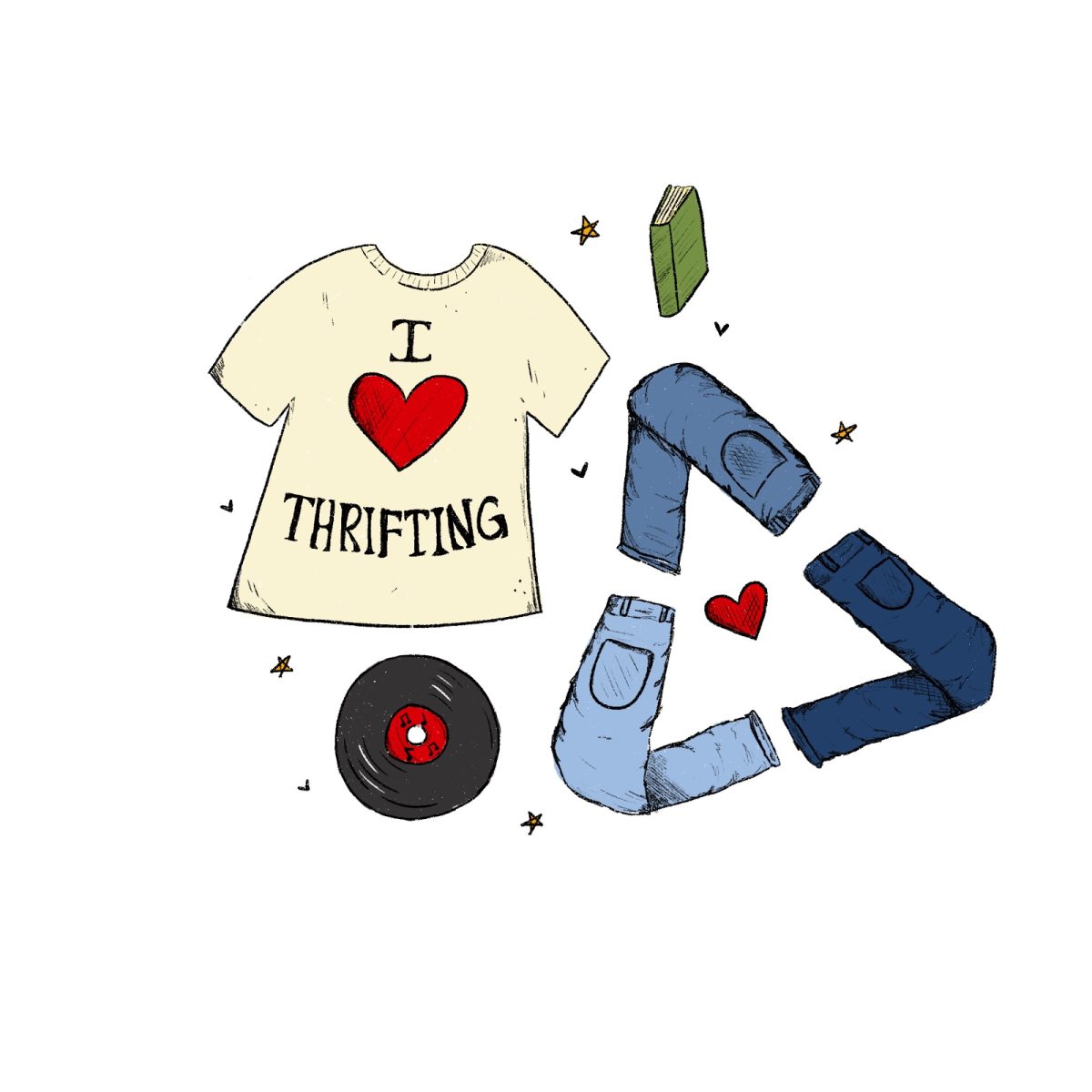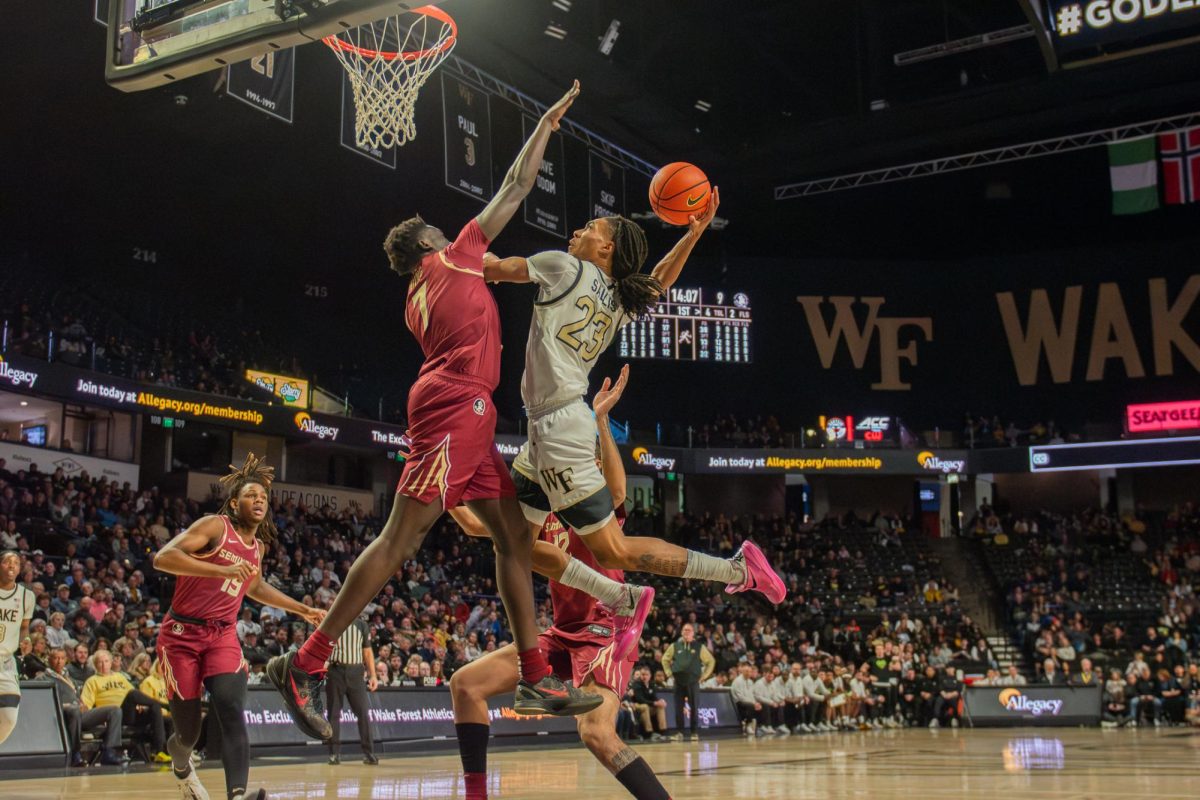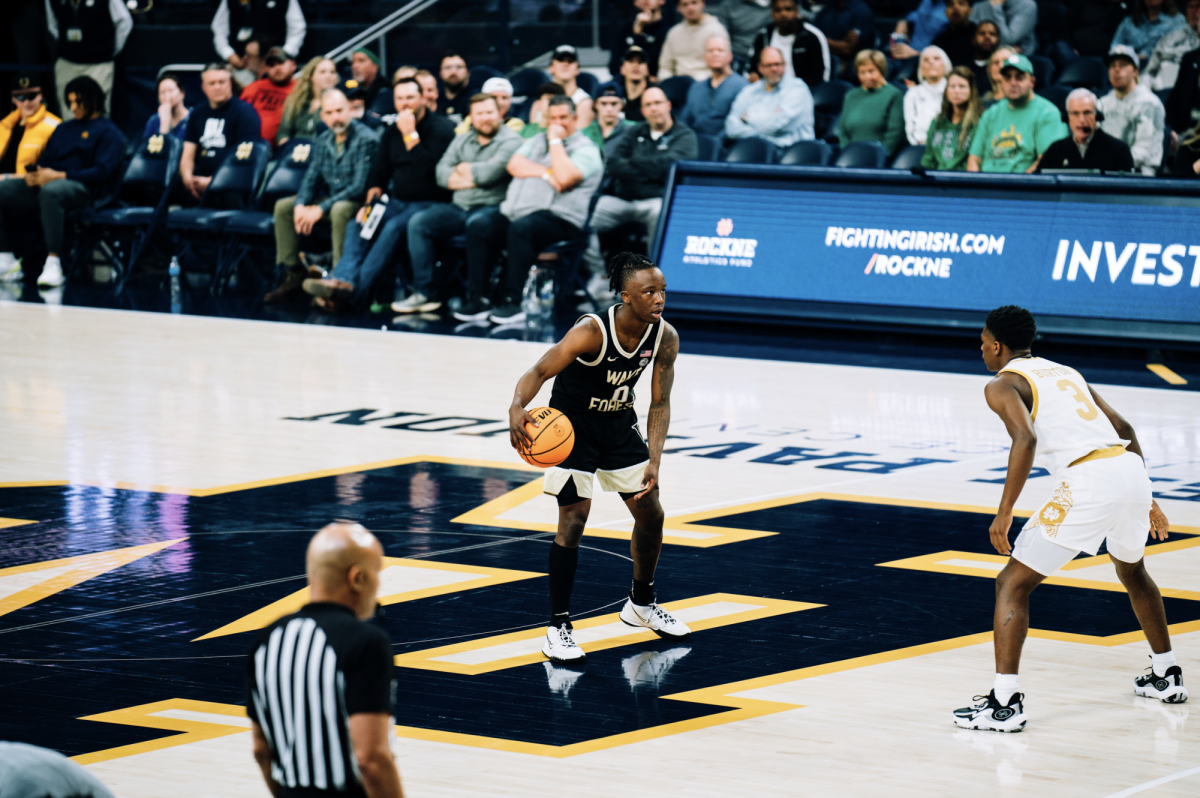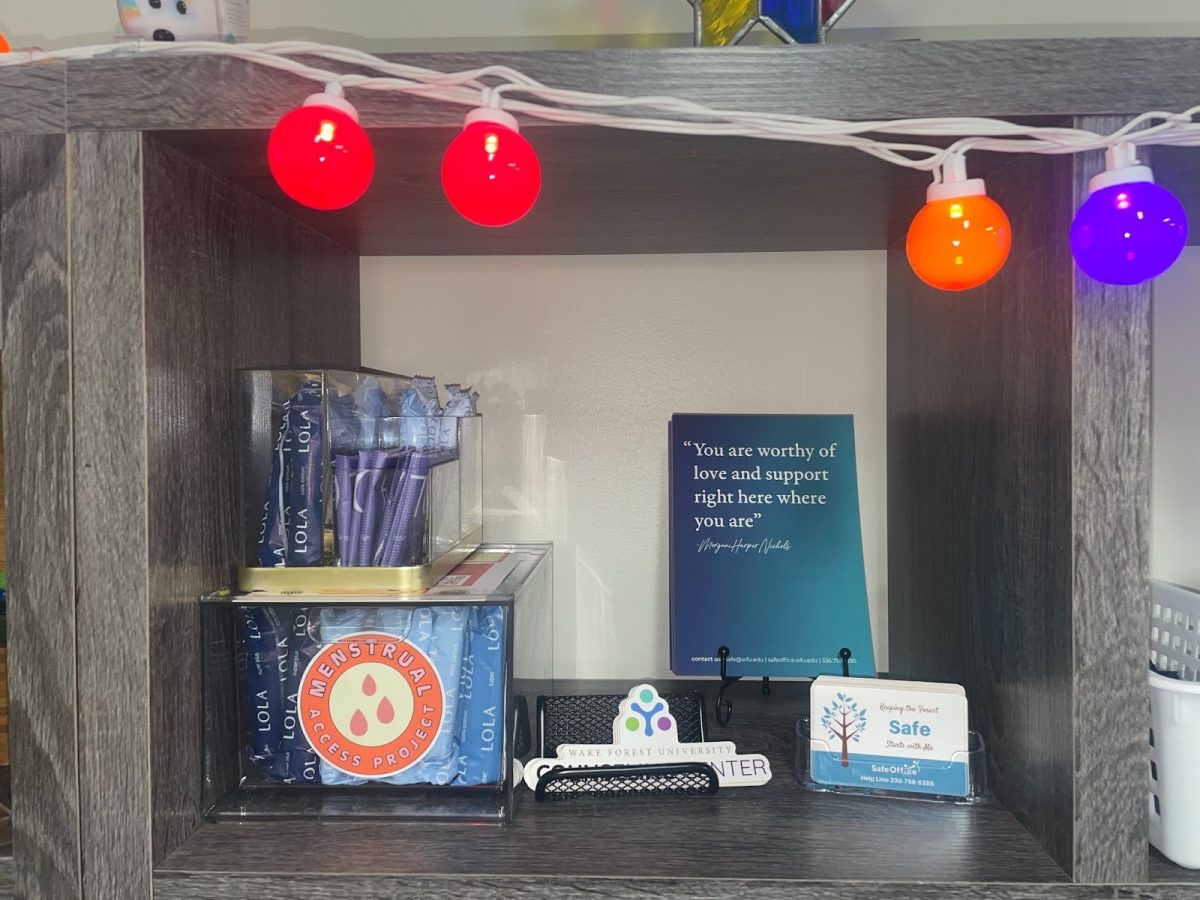As part of the Office of Sustainability’s Earth Month programming, this year’s Earth Talks returned to Pugh Auditorium on April 9. Ten students entered the spotlight to share ideas, research and stories about sustainability. Earth Talks, which began five years ago, has become one of Wake Forest’s most distinct platforms for student voices and allows climate concerns to be expressed through community storytelling.
The Earth Talks event last Wednesday offered short, TED-style presentations on topics ranging from indoor air pollution in mosques to rethinking consumer trust in sustainable businesses. Each speaker brought a unique perspective, but all shared the same goal: to contribute meaningfully to the evolving conversation on environmental responsibility.
This year’s event included presentations from Sydney Smith, Sophie Keeley, Thais Perez, Ella Klein, Mateo Aguirre, Mai Soliman, Maya Rhodes-Kropf, and Eric Rosenblum.
For some, speaking at Earth Talks was a way to connect academic interests with real-world issues. Junior Thais Perez explored the conservation role of herbaria in a changing climate, saying she saw the event as “an opportunity to connect my academic work on botanical collections with urgent issues like climate change and biodiversity loss.”
She also noted how “energizing” it was to be “part of a community of students all thinking deeply about sustainability from such different angles.”
First-year student Mateo Aguirre, who used his talk to challenge the often misunderstood notion of climate havens, said the experience allowed him to “face [his] fears and develop [his] public speaking.” Mateo went on to describe Earth Talks as a space not just for pushing past the challenges of public speaking, but as a space for learning and expression, stating that he “wanted to learn more about something that interested [him] and share that passion with others.”
The balance between knowledge sharing and personal development is a big part of what makes Earth Talks so special for both the audience and the presenters. According to Brian Cohen, assistant director for sustainability engagement, one of the most powerful elements of the event is how it puts students in control. And while it is no easy task to stand on a stage and deliver a speech, Cohen believes that this is an integral part of the value of Earth Talks.
“I’ve heard from a lot of students that they really want to develop presentation skills,” Cohen said. “This provides them with an opportunity in a semi-safe environment where, yes, it’s still nerve-wracking, but it’s in front of largely people they know.”
The audience, in turn, gains more than just an hour of learning from Wake Forest students.
“I’m hoping it’s not just knowledge, but inspiration,” Cohen said. “We have a lot of student leaders who are speaking about research they’ve done, experiences they’ve had… it can hopefully open up [the audience’s] eyes to what they may be able to do, whether it’s in a future class, a job or even in their free time.”
From confronting greenwashing in corporate sustainability to examining the environmental risks of synthetic clothing, these students did not simply highlight problems—they proposed paths forward. Their talks demonstrated that sustainability is not a siloed issue; rather, they showed that it touches culture, commerce, personal values, public policy and a host of other subject areas all at once.


